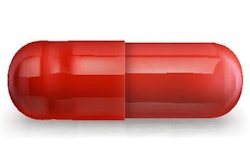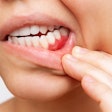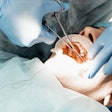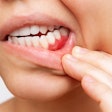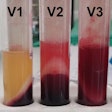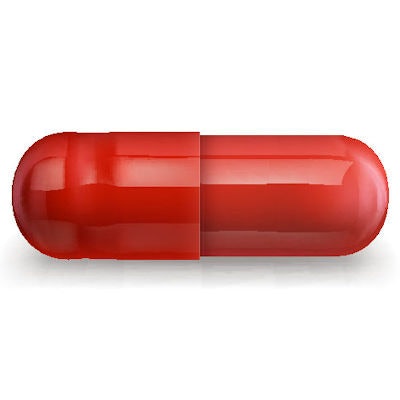
Prophylactic antibiotics prescribed before dental procedures may cause serious adverse events, including allergic reactions requiring hospitalization and bacterial infections, according to new data presented on October 3 at the Infectious Diseases Society of America annual meeting (IDWeek 2019) in Washington, DC.
Within 14 days of taking antibiotics, 5,260 dental patients experienced allergic reactions, visited emergency rooms (ERs), or were diagnosed with Clostridioides difficile (C. diff), researchers found after analyzing data from 2011 to 2015. Hospital visits also may have been due to other adverse reactions, they noted.
"Ultimately, if an antibiotic is not indicated, we should try to avoid exposure to them to lessen the likelihood of patient harm," stated lead study author Katie Suda, PharmD, an associate professor at the University of Illinois at Chicago College of Pharmacy, in an IDWeek 2019 press release.
Clinicians often prescribe antibiotics a day or two before dental visits to prevent infections in specific patients, such as those who have undergone hip and knee replacements.
Prescribing preventive antibiotics before dental procedures remains a common practice, though previous research from the same group showed that approximately 80% of prophylactic antibiotics prescribed by dental clinicians were unnecessary (JAMA Network Open, May 2019, Vol. 2:5, e193909). Also, the ADA and the American Heart Association only recommend preventive antibiotics for patients who have significant risks for heart infections, such as those with prosthetic heart valves, after dental treatments, the study authors noted.
For their new analysis, the researchers examined the U.S. claims data from 2011 to 2015 from their previous study and reviewed 168,420 dental visits. Prophylactic antiobiotics were prescribed unnecessarily for 136,177 (80%) of the visits, and, of those, 5,260 (3.8%) were associated with an adverse event within 14 days. These side effects included allergic reactions, which ranged from rashes to more severe reactions requiring hospitalization; ER visits; and C. diff infections.
| Types and numbers of adverse events following antibiotic use | |
| Adverse event | No. |
| Allergic reactions | 3,912 |
| ER visits | 1,568 |
| C. diff infections | 9 |
Additionally, clindamycin was associated with more adverse events than amoxicillin. Outside hospital settings, dentists are more likely to prescribe clindamycin than other healthcare providers. Even one dose of clindamycin can cause C. diff or an allergic reaction, according to the researchers.
Amoxicillin is the antibiotic most commonly prescribed by dentists, and it can cause severe allergic reactions after a single dose, they added.
The researchers also warned that antibiotic misuse can lead to resistance. Therefore, clinicians should use caution when prescribing them.
"While the vast majority of dental patients who take preventive antibiotics will not have a severe reaction, this is a reminder that antibiotics are not innocuous, even if taken for only a day or two," Suda stated.






